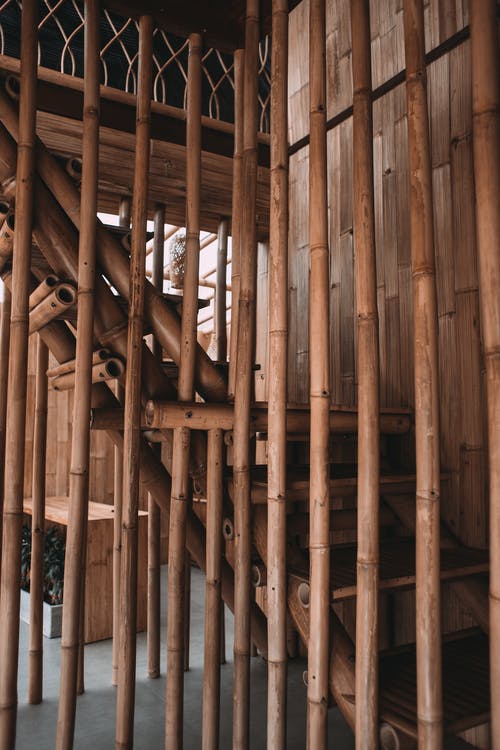BAMBOO- Facts Behind The Fiber
Bamboo is considered a naturally organic and the fastest growing plant in the world. This eco-friendly plant requires no pesticides, no fertilizers, and needs a small amount of water to survive. Not only can it be used as a replacement for plastic and wood, but it can also be converted into fabrics as well. With the growing trend of sustainable fashion, now the bamboo fabric is gaining popularity as one of the best sustainable options in the fashion world. A popular Australian fashion brand Bamboo Monkey realized the true potential of this organic fiber way back and focused on promoting sustainable fashion. They started with selling bamboo socks and later on introduced a sustainable apparel line as well. Nowadays, more brands are opting for the concept of eco-friendly clothing.
Bamboo- An Eco-friendly and Sustainable Farming Option
Bamboo is capable of growing up to three to four feet a day. Besides that, the bamboo plant releases up to 35% more oxygen as compared to other similar plants. With this kind of fast growth, the bamboo plant matures within 7-8 years. It has got a vast root network that keeps on sprouting new shoots. Hence, it does not need replanting. This further helps in improving soil quality and prevents soil erosion. Owing to all these mentioned facts, bamboo farming is always considered eco-friendly for the environment. Owing to all these facts, growing bamboo is considered sustainable for the environment. Due to the softness of the fiber and the smooth flowing gentle drape, bamboo has gained a lot of recognition in the fashion world. The fashion industry is wreaking havoc between the processes to create merchandise and the accumulated waste when it gets tossed, so companies and consumers are interested in improving these environmental issues.
Bamboo Fabrics- Innovative Trends
Bamboo is often compared with cotton. From cotton towels to lightweight, comfy t-shirts, this fiber has been associated with quality, comfort, and sustainability for a long time. Unlike synthetic ones such as polyester and viscose rayon, cotton is a completely natural fiber and biodegradable. With cotton planting, a lot of ethical issues arise when it comes to production. Cotton farming requires a high use of chemical fertilizers and pesticides that seep into the soil and pollutes the water supplies. Cotton farming also requires a considerable amount of water. For instance, a simple shirt and a pair of trousers can take up to 15,000 liters of water, ten years of drinking water.
Moreover, bamboo fabrics naturally absorb excess moisture from the skin. So, they are considered apt for summer wear. It also prevents foul odor because of the natural antimicrobial properties. This is the reason people love Bamboo Monkey socks as they are sweat absorbent and super comfy. It takes less time to dry as compared to cotton fabric. Not only socks but also bamboo towels, bedsheets, and floor mats have picked up market trends.
While there are many people with preferences for cotton fiber, bamboo fiber is overall considered more sustainable for the environment and much better for health. Due to the inbuilt hypoallergenic properties and less need for chemical fertilizers and pesticides, it is better for people having sensitive skin, like an infant or the elderly. With the right way of bamboo plantation and mechanical processing techniques, the organic clothing fabrics from Bamboo Monkey are an ideal choice for sustainable fashion lovers.
Read Next >https://www.neoadviser.com/the-importance-of-water-treatment-solutions/
BAMBOO- Facts Behind The Fiber
